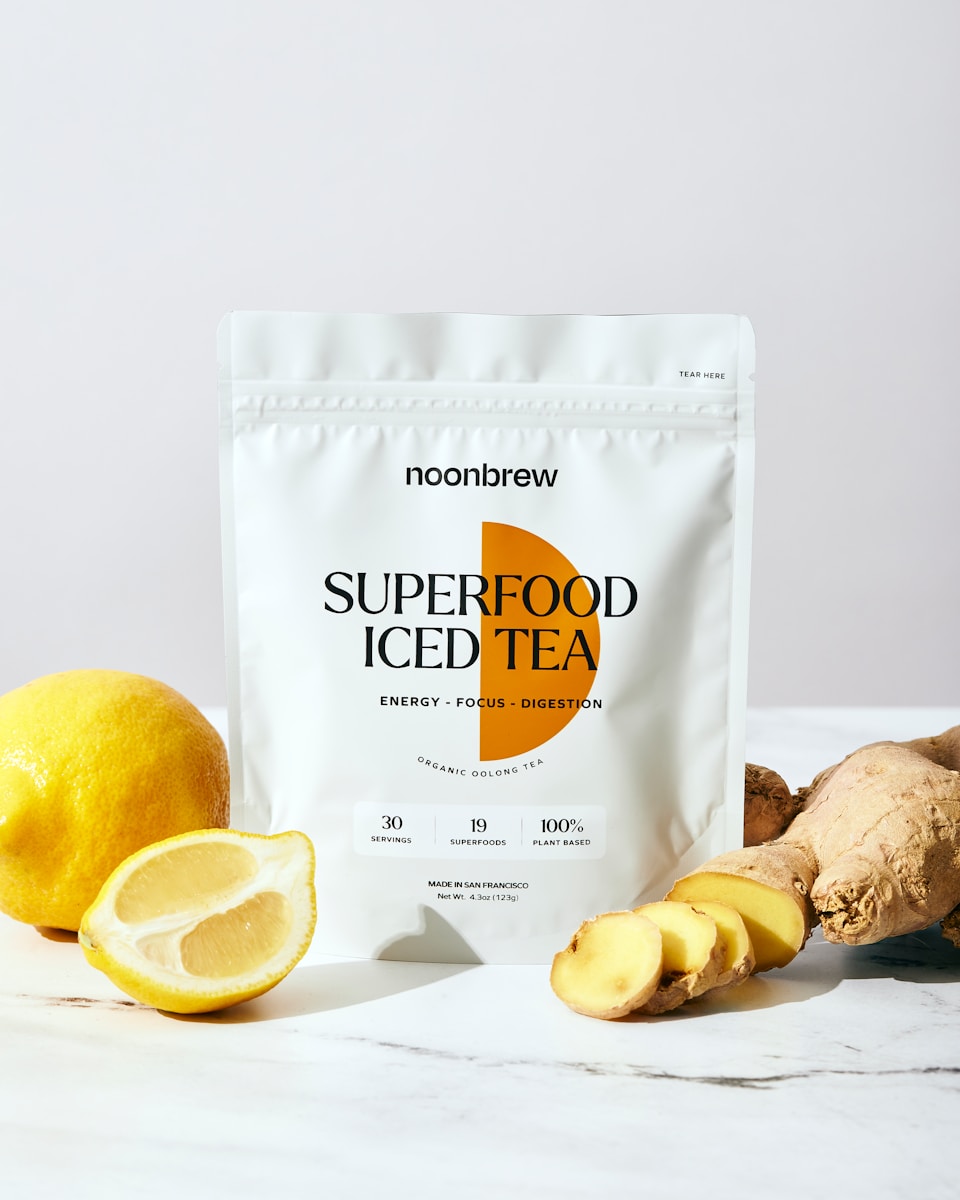What Are Macronutrients?
Macronutrients are the nutrients we consume in the largest amounts. Each plays a unique role:
-
Carbohydrates: Your body’s primary energy source
-
Protein: Crucial for muscle repair, satiety, and metabolism
-
Fats: Important for hormones, brain function, and vitamin absorption
Macronutrients in a Plant-Based Diet for Weight Management
1. Carbohydrates: Not the Enemy—The Type Matters
Carbohydrates are often wrongly blamed for weight gain. But whole, unprocessed plant carbs—like fruits, legumes, vegetables, and whole grains—are rich in fiber, which slows digestion, promotes fullness, and helps regulate blood sugar.
Scientific Insight:
A 2018 study in The Lancet found that increased dietary fiber intake is associated with lower body weight and a reduced risk of obesity-related diseases.¹
Best plant-based sources include:
-
Sweet potatoes, quinoa, oats
-
Lentils, chickpeas, black beans
-
Leafy greens, carrots, beets
-
Fruits like berries, pineapple, pears
2. Protein: Essential for Satiety and Muscle Preservation
Protein supports muscle maintenance and helps increase satiety (feeling full), which reduces the urge to overeat. Plant-based protein sources also come with added benefits: fiber, antioxidants, and zero cholesterol.
Scientific Insight:
A 2020 meta-analysis in Nutrients showed that plant-based diets are associated with lower BMI and improved weight loss outcomes, partly due to higher fiber and lower energy density.²
Best plant-based protein sources include:
-
Lentils, black beans, chickpeas
-
Tofu, tempeh, edamame
-
Hemp seeds, chia seeds, flaxseeds
-
Quinoa, amaranth, spirulina
-
Nutritional yeast
3. Fats: Necessary for Hormones, Satiety, and Blood Sugar Control
Healthy fats are often feared during weight loss, but they play a vital role in hormone production, satiety, and nutrient absorption. The key is choosing unsaturated fats from whole plant sources, not oils or fried foods.
Scientific Insight:
A study published in The American Journal of Clinical Nutrition found that diets higher in unsaturated fats (like those in nuts and seeds) were associated with improved weight regulation and reduced belly fat.³
Best plant-based fat sources include:
-
Avocados
-
Nuts (almonds, walnuts, cashews)
-
Seeds (chia, flax, sunflower, hemp)
-
Nut butters (no added sugar or oil)
-
Olives and extra virgin olive oil (in moderation)




